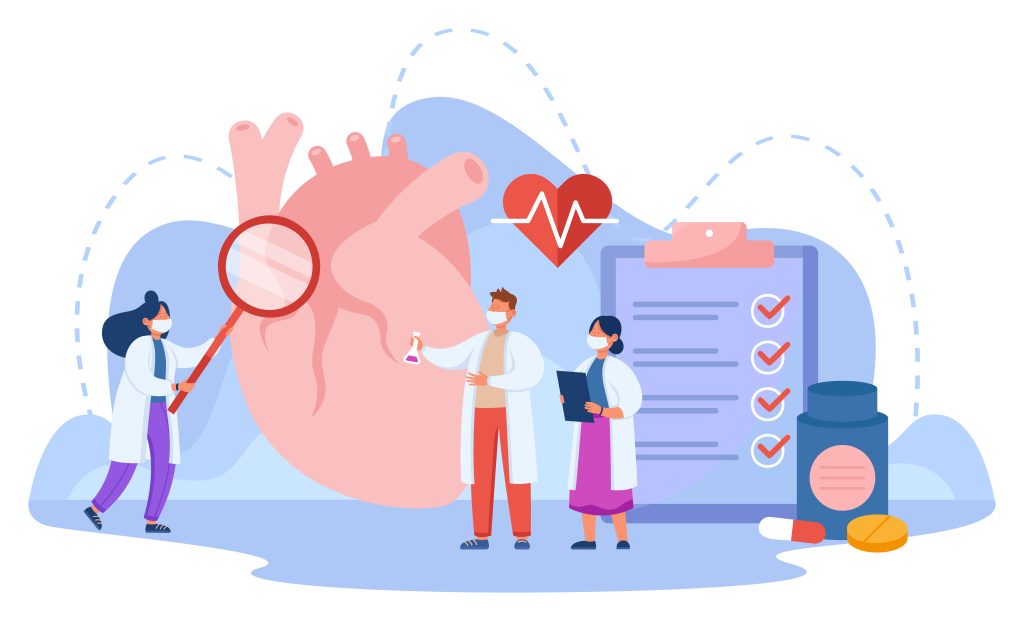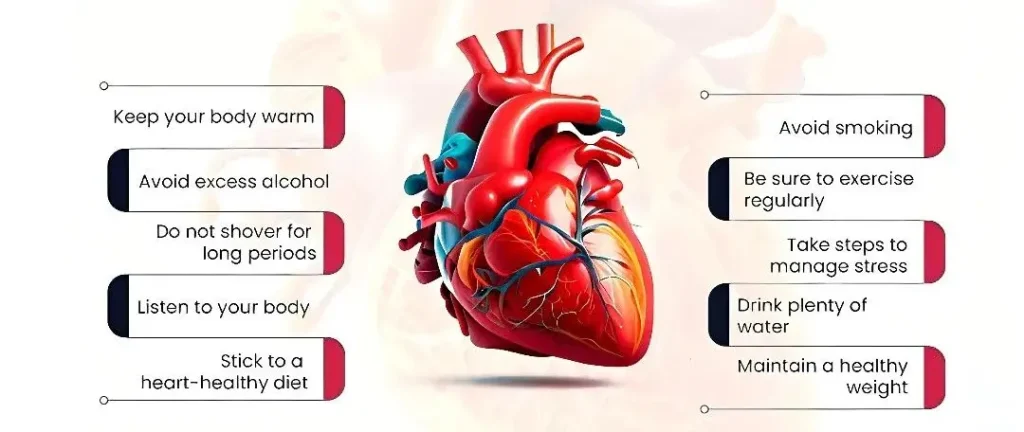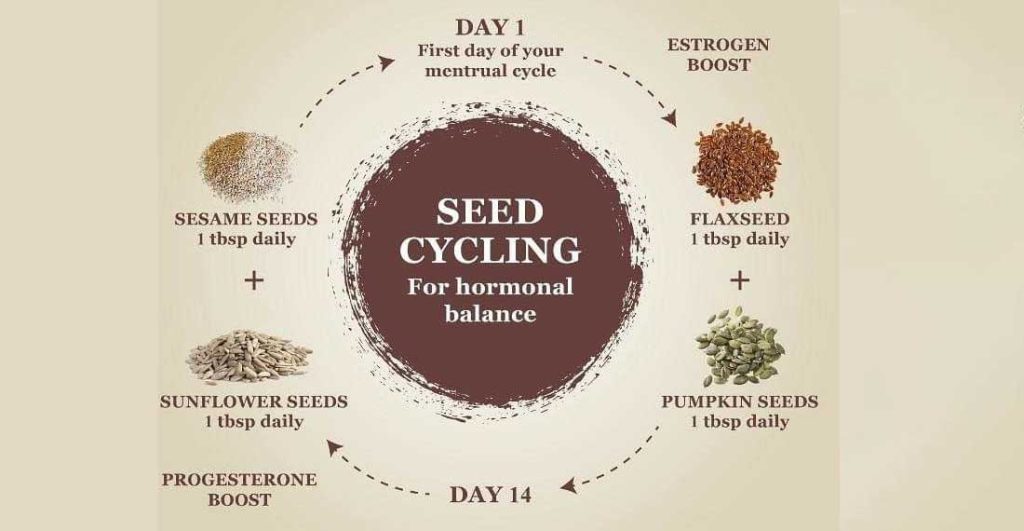
How much do you really know about your heart health? It’s easy to believe common misconceptions. After all, heart disease only affects the elderly or someone with a love for fried foods, right? But the truth is, heart disease can impact people of all ages—even those who maintain a healthy diet.
Relying on myths can be dangerous. Today, cardiovascular disease remains the leading cause of death worldwide. However, by distinguishing fact from fiction, you can take control of your heart health. Let’s debunk some of the most common myths about heart disease.
Types of Heart Diseases
Heart disease isn’t a single condition—it encompasses a variety of disorders that affect the heart’s function. While it’s commonly referred to as cardiovascular disease, this term also includes conditions affecting the blood vessels. Each type of heart disease has distinct symptoms and treatment options. Some can be managed with lifestyle changes and medication, while others may require surgical intervention to restore proper heart function.
Here are some of the most common types of heart disease:
- Coronary Artery Disease (CAD)
- Heart Arrhythmias (Irregular heart rhythms)
- Heart Failure (Weakened heart function)
- Heart Valve Disease (e.g., Endocarditis, Rheumatic Heart Disease)
- Pericardial Disease (Disorders affecting the heart’s outer lining)
- Cardiomyopathy (Heart muscle disease)
- Congenital Heart Disease (Heart defects present at birth)
Understanding these conditions is the first step toward better heart health. If you have concerns, consult a healthcare professional for early diagnosis and management.
What Are the Primary Causes of Heart Disease?
Heart disease can result from various conditions affecting the heart’s structure and function. Some of the key causes include:
- Infections affecting the heart valves
- Blocked blood vessels that supply oxygen to the heart muscles
- Irregular electrical impulses, disrupting normal heart rhythm
- Enlarged heart, leading to inefficient pumping
- Weakening of heart muscles, reducing overall function
- Weak or damaged heart valves, affecting blood flow
- Inflammation of the pericardium, the protective layer around the heart
- Congenital heart defects, present from birth
- Impaired heart function, leading to reduced efficiency
Understanding these causes can help in early detection and prevention of heart disease.
Top 10 Myths About Heart Disease – Debunked!
Understanding the truth about heart disease can help you make informed decisions for a healthier heart. Here are 10 common myths and the facts behind them:
1. Young People Don’t Need to Worry About Heart Disease
While heart disease is more common in those over 65, studies show that 4-10% of heart attacks occur in adults under 45, especially men. Lifestyle choices made during youth lay the foundation for long-term heart health.
2. People with Heart Conditions Should Avoid Exercise
This is a myth. Exercise strengthens the heart and improves circulation. While individuals with severe heart conditions should consult a doctor before engaging in intense physical activity, regular exercise is generally beneficial.
3. I Take Cholesterol-Lowering Medication, So I Can Eat Anything
Cholesterol-lowering medications like statins help manage cholesterol, but they don’t counteract the effects of an unhealthy diet. Consuming high-fat and processed foods still increases the risk of obesity, high blood pressure, and diabetes.
4. If Heart Disease Runs in My Family, There’s Nothing I Can Do
A family history increases risk, but genetics is not the only factor. Lifestyle choices such as quitting smoking, managing stress, eating well, and staying active can significantly reduce the likelihood of developing heart disease.
5. Taking Vitamins Prevents Heart Disease
There is no scientific evidence that vitamins alone prevent heart disease. A balanced diet and an active lifestyle are far more effective in maintaining heart health than relying on supplements.
6. There’s No Point in Quitting Smoking if I’ve been Smoking for Years
This is false. The benefits of quitting smoking start immediately. Over time, quitting reduces blood pressure, improves circulation, and significantly lowers the risk of heart attacks and strokes.
7. Only Men Are at Risk for Heart Disease
Heart disease affects both men and women. While men are more likely to develop coronary artery disease, women face a higher risk of stroke and often experience different symptoms n during a heart attack, making awareness crucial.
8. Heart Attack and Cardiac Arrest Are the Same
These are two different conditions:
- Heart Attack – A circulatory issue caused by a blocked artery. The heart continues to beat but lacks oxygen.
- Cardiac Arrest – An electrical issue where the heart suddenly stops beating, leading to unconsciousness.
9. Coughing Can Stop a Heart Attack
The idea that cough CPR can save someone during a heart attack is a myth. There is no medical evidence supporting this. If you suspect a heart attack, seek emergency medical help immediately.
10. People with Heart Disease Should Avoid All Fats
Not all fats are harmful. While saturated and Trans fats should be limited, healthy fats like omega-3 fatty acids (found in walnuts, flaxseeds, and fish) can support heart health.
Conclusion
Heart disease is common but largely preventable. Regardless of age, making healthy lifestyle choices can reduce your risk.
Want expert heart care? Trust Oxford Hospital for professional guidance from leading cardiologists. Take charge of your heart health today!


